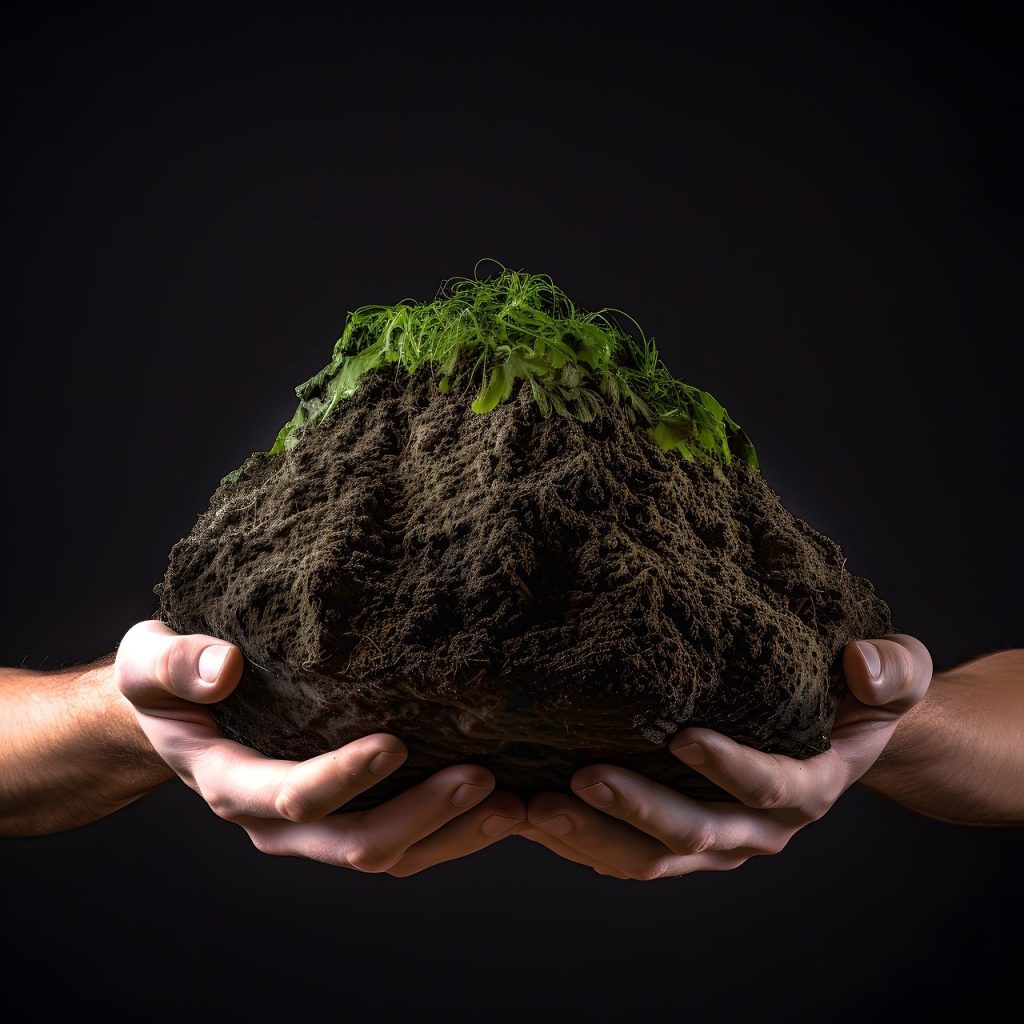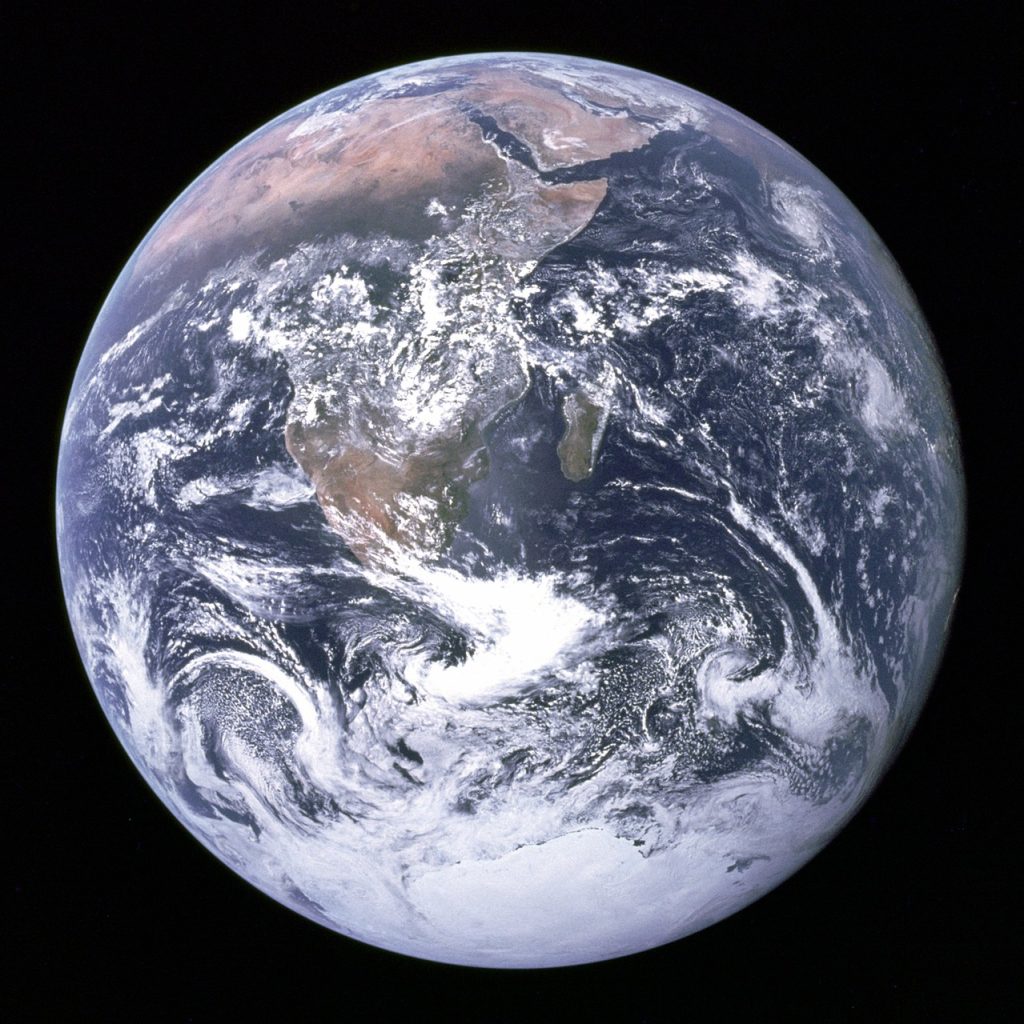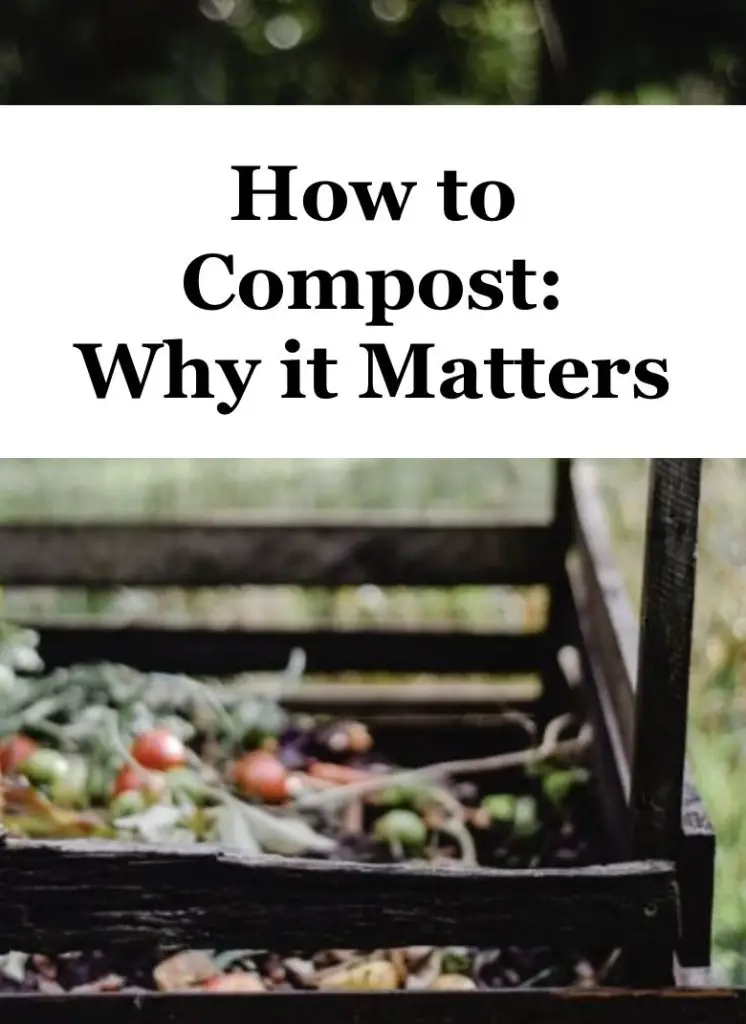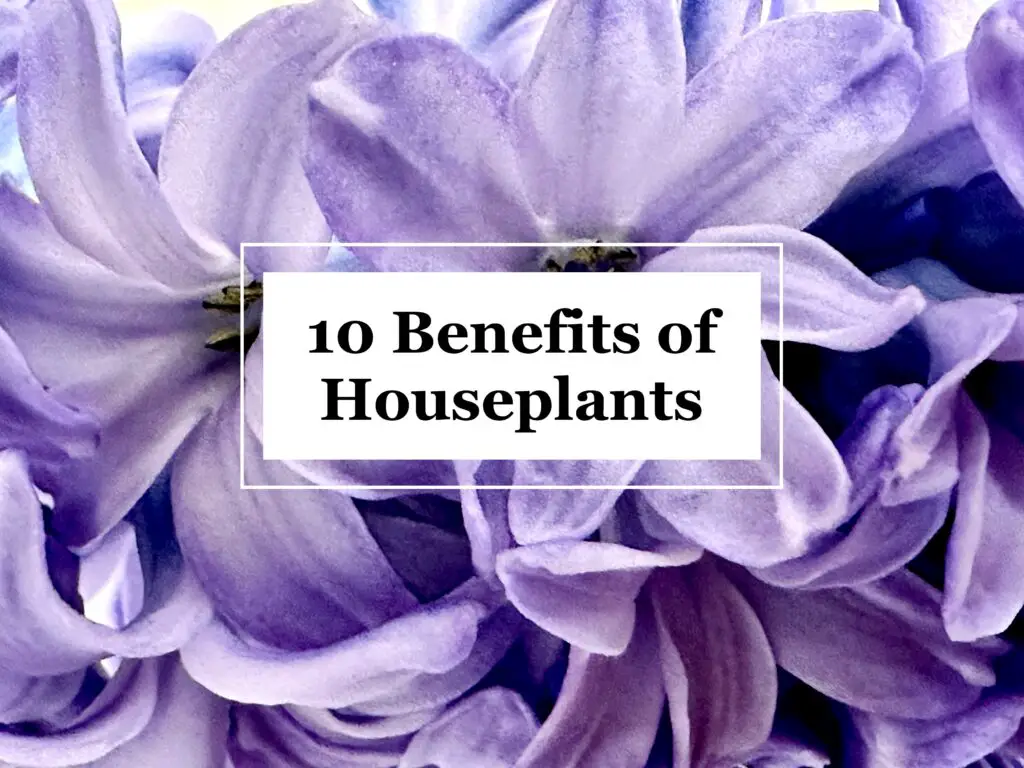Composting is a simple and effective way to reduce waste and enrich your garden with nutrient-rich soil. Whether you live in an urban setting or have a large backyard, composting can be adapted to fit any lifestyle. By transforming kitchen scraps and yard waste into valuable compost, you not only reduce landfill waste but also contribute to healthier soil for your plants.
What is Composting?
Composting is the natural process of breaking down organic materials, such as food scraps and garden waste, into a nutrient-rich substance called humus. This humus can be added to your garden to improve soil quality, promote healthy plant growth, and reduce the need for chemical fertilizers.
How to Start Composting
- Choose a Compost Bin:
- You can either purchase a compost bin or build your own. Some popular options include tumbling composters, traditional compost bins, or even simple piles. If you’re short on space, there are compact options available for urban areas.
- Know What to Compost: Compost is made up of two main types of materials:
- Greens: Nitrogen-rich materials like fruit and vegetable scraps, coffee grounds, and grass clippings.
- Browns: Carbon-rich materials such as dry leaves, paper, and small twigs.
- Layer Your Compost: Start by placing a layer of coarse material like small twigs or straw at the bottom of your bin to help with airflow. Then, alternate layers of greens and browns. Each layer should be a few inches thick.
- Maintain Your Compost:
- Turn the Pile: Aerate the compost regularly by turning it with a pitchfork to speed up decomposition.
- Moisture: Ensure your compost is damp but not soggy. If it’s too dry, add a bit of water; if too wet, add more dry material.
- Monitor the Temperature: A healthy compost pile should heat up in the center as materials break down. Turning the compost helps maintain this heat.
- Harvest Your Compost: After a few months, your compost will be ready when it turns dark, crumbly, and smells like fresh earth. Spread it around your garden to nourish plants or mix it into potting soil.
Recommended Products for Composting
This sections includes affiliated links to products to help you compost:
- Kitchen Compost Bin: Keep a small compost bin in your kitchen to make composting easier and convenient https://amzn.to/4gxkjk1
- A Quality Shovel: To move waste.
- A Bucket: To shovel waste into and move it. This rubber bucket is also great for this job: https://amzn.to/4eThSaw.
- Compost Thermometer: To monitor the temperature of your compost pile.
- Compost Bin or Tumbler: For efficient composting in a contained space.
- Carbon-Rich Bedding Materials: Such as straw or wood shavings.
- Example: Kaytee Aspen Bedding
- Metal Watering Can or Hose: To maintain the moisture level in your compost pile.
- Compost Turner: A tool to help aerate the compost pile.
- Make your own eco-friendly, plastic-free compost bin with wire and pressure treated wood.
- Compost Accelerator: Formulated microbe blend of ingredients to promote oxygen and heat that naturally accelerates garden matter, leaves, grass clippings and kitchen scraps into nutrient-rich compost without harmful chemicals
By following these tips and using the recommended products, you can efficiently compost waste, creating rich, fertile compost for your garden while contributing to a more sustainable environment.
Why Composting Matters
Composting is a simple yet powerful way to reduce waste, improve soil health, and lower greenhouse gas emissions. Here’s why everyone should compost and what the world might look like if more people participated:
Why Everyone Should Compost:
- Reduces Landfill Waste: Food scraps and yard waste make up about 30% of what we throw away. Composting diverts this organic matter from landfills, reducing the volume of waste that would otherwise take up space and produce methane, a potent greenhouse gas.
- Improves Soil Health: Compost enriches soil by adding essential nutrients, improving soil structure, and increasing its ability to retain moisture. Healthier soils support plant growth, reduce the need for chemical fertilizers, and help combat erosion.
- Cuts Down on Methane Emissions: Organic waste in landfills decomposes anaerobically, producing methane, which is 25 times more effective at trapping heat in the atmosphere than CO2. Composting reduces these harmful emissions by allowing organic material to decompose aerobically.
- Promotes Sustainable Agriculture: Compost helps reduce the need for synthetic fertilizers, which are energy-intensive to produce and can contaminate water supplies. Compost also helps regenerate soil health, a critical aspect of sustainable farming practices.
- Saves Money: Composting at home reduces the need for store-bought fertilizers, and some municipalities provide compost for free or at reduced costs, reducing gardening expenses.
Statistics: What Would Happen If Everyone Composted?
- Reduction in Waste: If all Americans composted their food waste, 33 million tons of organic waste would be diverted from landfills annually. Globally, about 1.3 billion tons of food waste is generated each year; if composted, it could make a huge impact on landfill use.
- Greenhouse Gas Emission Reductions: Composting 1 ton of food waste prevents approximately 0.3 tons of CO2-equivalent emissions. If everyone composted, we could significantly reduce the approximately 8-10% of global greenhouse gas emissions caused by food waste and improper organic disposal.
- Carbon Sequestration: Composting helps soil sequester carbon. Studies show that adding compost to soil can increase its carbon storage capacity, contributing to climate change mitigation. A large-scale shift to composting could help sequester 25 billion metric tons of carbon in soil globally.
- Energy and Resource Savings: By reducing the need for chemical fertilizers, composting could cut down on the energy required to produce and transport these fertilizers. If everyone composted, fertilizer use could be reduced by 30-50% in some agricultural systems, leading to significant environmental benefits.

The Environmental Impact of Not Composting:
- Currently, landfills account for 15% of methane emissions in the U.S.
- Worldwide, about 44% of solid waste is organic material that could be composted, reducing overall waste management costs and energy consumption.
By composting, individuals can contribute to a more sustainable, waste-free society, lower carbon emissions, and healthier ecosystems. It’s a small effort that has a major global impact!

These sources reflect the environmental benefits of composting and how it helps reduce waste, improve soil health, and mitigate climate change impacts.
- EPA – Composting at Home
- EPA – Basic Information About Landfill Gas
- FAO – Food Waste Emissions
- University of California Agriculture and Natural Resources – Compost’s Role in Carbon Sequestration
- NRDC – The Dirt on Compost
- EPA – Overview of Greenhouse Gases
For More Eco-friendly ways to help the environment and save money, please read Eco-Friendly Ways to Save Money
Green Ways to Save Green: Eco-Friendly Ways to Save Money
For Eco-friendly ways to do laundry, please read Plastic-Free Ways to Do Laundry
Plastic-Free Ways to Do Laundry
For Eco-friendly Natural Beauty tips, please read Natural Beauty
Natural Beauty
Please Share this Information
DIFER.ORG is committed to reducing waste to help the environment






Your blog is a treasure trove of valuable insights and thought-provoking commentary. Your dedication to your craft is evident in every word you write. Keep up the fantastic work!